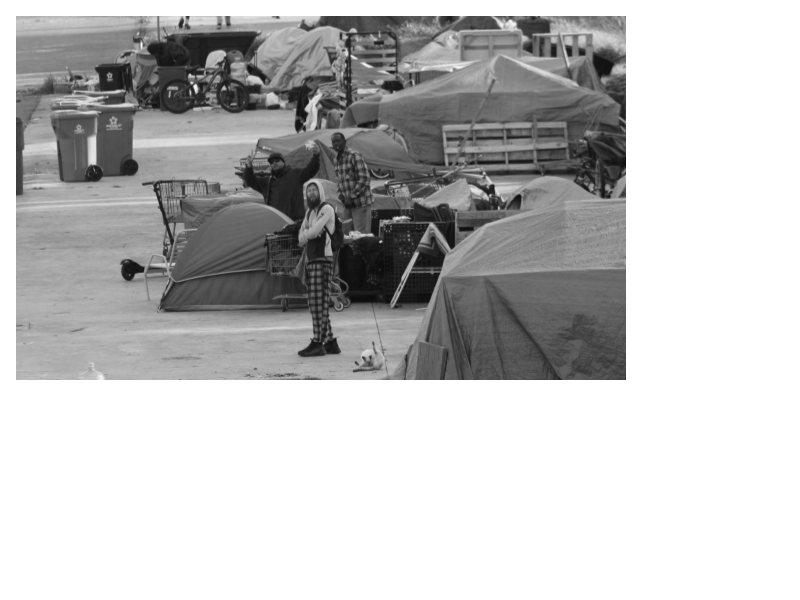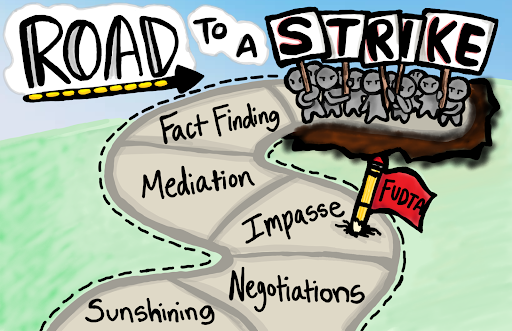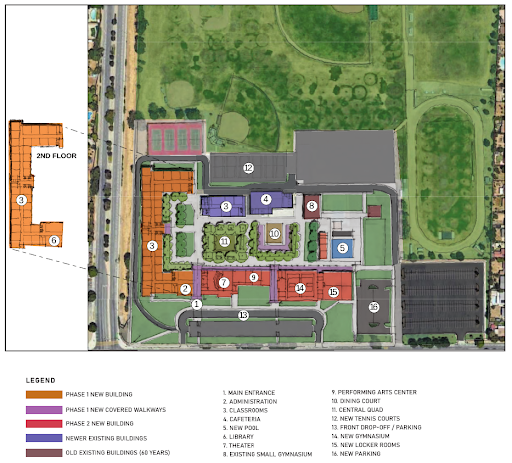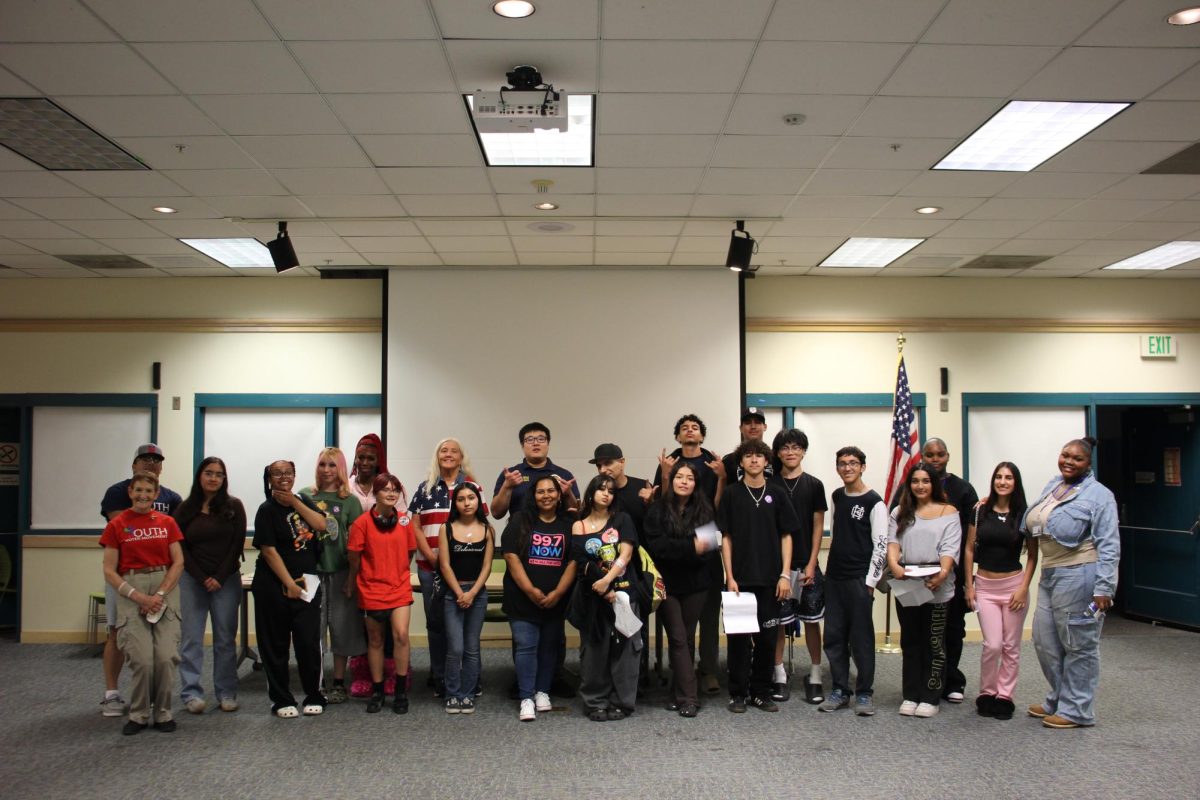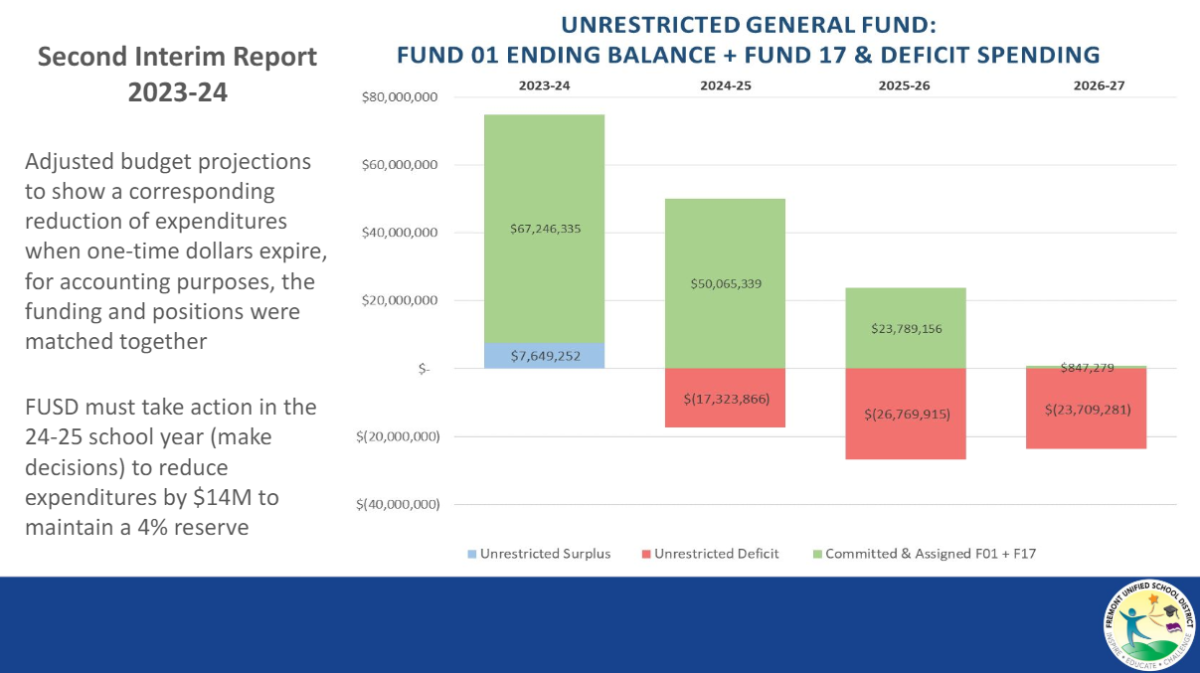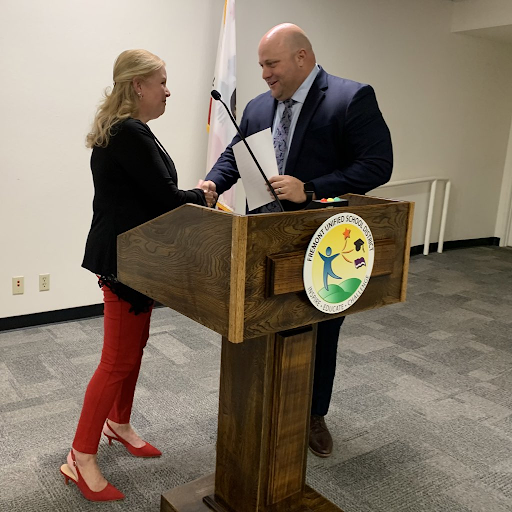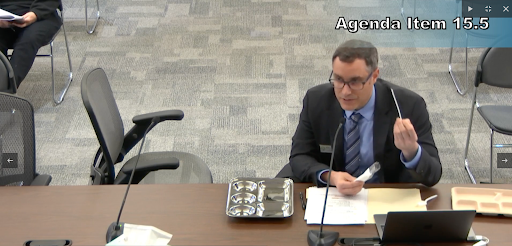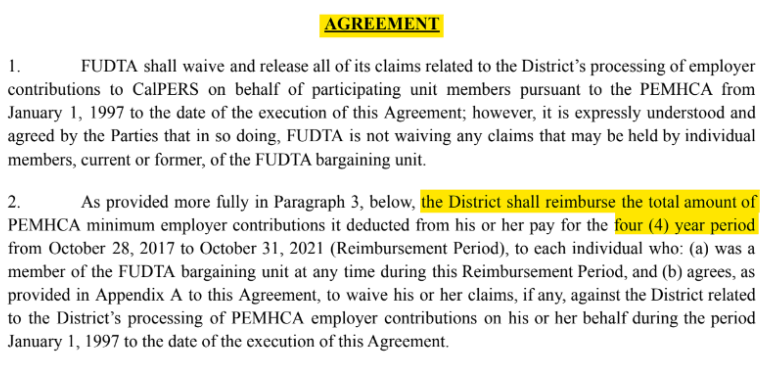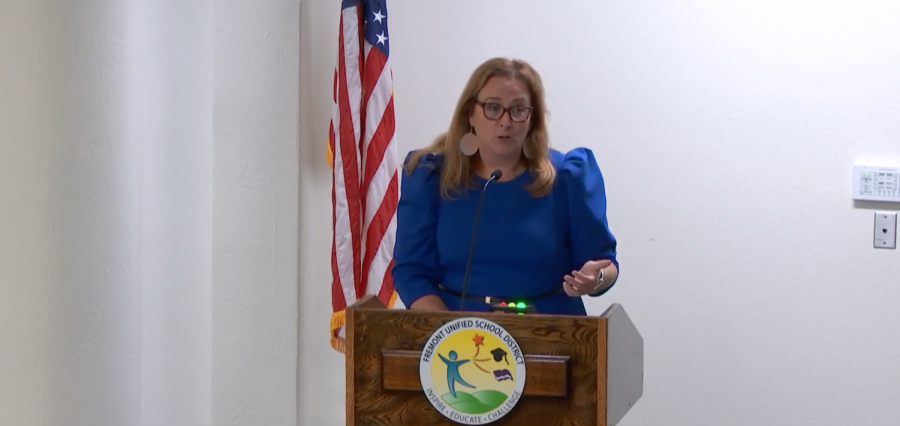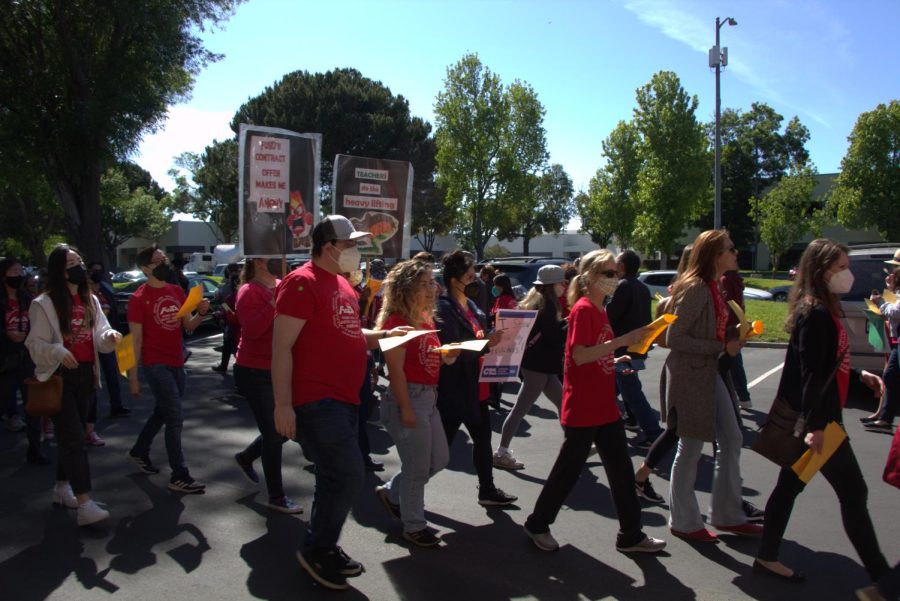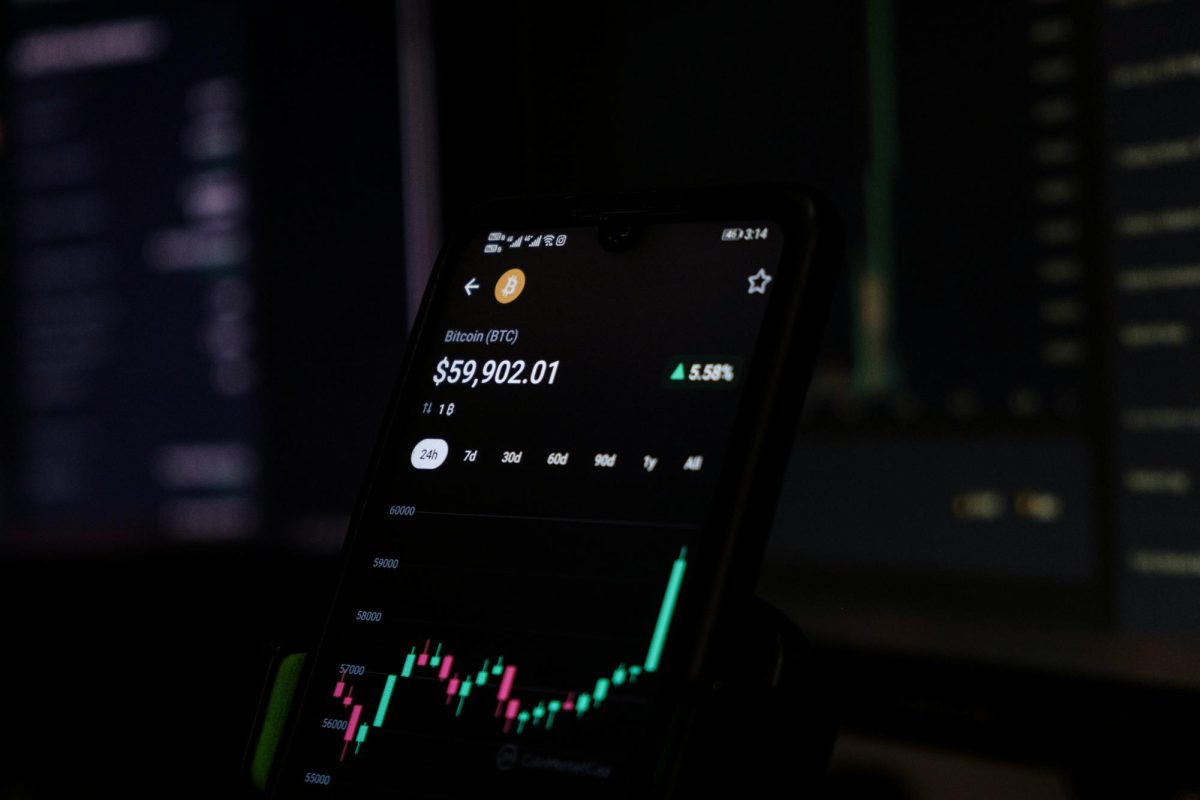29-year old Bay Area native loses his battle against leukemia
In many ways Nick Glasgow was an iconic figure for cancer patients. Before 2009, the Fremont native was simply another EMC employee. Ever since he contracted aggressive leukemia in March of 2009, however, his struggle against cancer has morphed him from private employee to public hero – and now martyr.
Nick was ¾ Caucasian and ¼ Japanese American. His race made it extremely difficult for him to find a potential bone marrow donor. Through Nick Glasgow’s publicized cancer battle, thousands of other Americans have become aware of the need for bone-marrow transplants among those with cancer, as well as the low amount of minorities on the national donor list. The percentage of donors with mixed race is 3%. The percentage of donors that are Asian/American are even less than that.
Instead of listening to the doctors who told them that they had a 0.0% chance of finding a bone marrow donor for her son, Nick’s mother Carol Wiengard, as well as co-workers from EMC, organized a series of bone marrow drives. Publicity was gained through the Asian/American donor program, the local news, and even Japantown. Here in Fremont, Nick Glasgow donor notices were posted everywhere from the District Office to Irvington’s senior hallway. Nick’s inspirational story touched the hearts of many and thousands – yes, thousands – signed up to try to save his life. Donors only had to take a cheek swab. Any person whose ethnic background is a mix of Asian and Caucasian, and is in good health with no history of cancer or major illness, and is between the ages of 18 and 60, was a potential donor for Nick – although the most likely match would come from someone who is 75% Caucasian and 25% Japanese. In the end, Nick had not one, but two, donors that matched him 10 out of 10 on a compatibility checklist.
Thus, it is with great sadness that Nick’s mother and his extended family, announce his passing on October 7, 2009. Nick was undergoing several rounds of intensive chemotherapy treatment at Kaiser hospital while going through transplant screenings at Stanford. Two complications that led to Nick’s passing were side-effects of the necessary bone marrow transplant.
According to his grandfather, “Nick’s very aggressive cancer may mount a resurgence before the new transplant can take root and become strong enough to begin its work of blood regeneration which takes about two weeks.”
The other complication centers around Graft versus Host Disease. During the first few months it is possible that the new stem cells from the transplant could attack different organs. Although the doctors can “fight” this disease, there are a lot of potential side-effects. On September 27th, 2009, approximately 4 weeks after his transplant, Nick’s cancer returned. Nick was already suffering under the symptoms of Graft vs. Host Disease. After, the doctor explained that there was no more that medicine could do, Nick elected to have hospice care.
Hearts from across the Bay Area and indeed the international EMC employee go out to Nick Glasgow for being a hero throughout his 7-month ordeal.
Colleague Mark Fredrickson said, “His memory will live on as a symbol of perseverance against the odds, and as someone who inspired countless people to make their own commitments to help others in their battles against cancer.”
Nick Glasgow’s funeral was held October 17th and was open to anyone who wanted to attend. In lieu of flowers, Nick’s family requested that donations be made in Nick’s name to the Leukemia and Lymphoma Society, Asian American Donor Program, and Be the Match.


